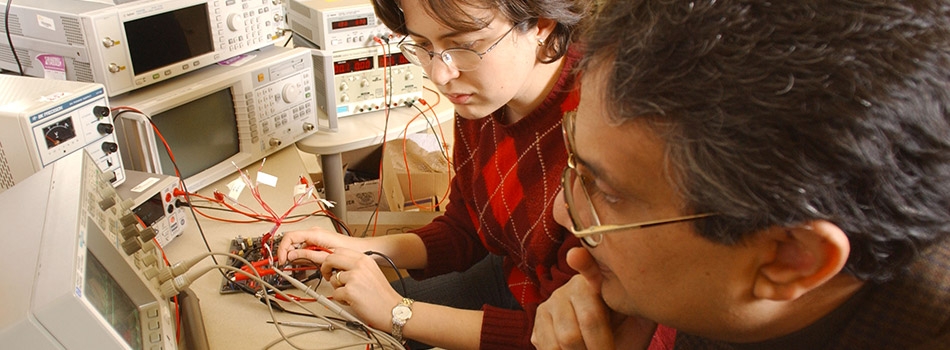
Research is frequently undertaken through the collective efforts of many individuals, and it often results from researchers who work together from different academic departments. It is also increasingly common for multiple institutions to work together on projects. Yet collaborative research can pose many ethical challenges, largely because of the number of people, institutions, and resources involved.
One should be aware that coworkers can be at different stages of their careers and can have different expectations in terms of what they aim to accomplish while conducting research. What may lessen the chance that a personal or professional conflict will affect the work environment is if researchers, especially trainees, have an opportunity to voice concerns about the situation. Typically, the project or laboratory director should set the tone by handling conflicts in a reasonable and consistent manner. For example, a disagreement among researchers can occur if laboratory resources are shared. Yet clear communication about when each researcher is entitled to have access to laboratory equipment can be very useful.
A complexity associated with research is the growth of interdisciplinary and multi-institutional research. It can be a difficult challenge for researchers, especially on large collaborative projects, to review the work of their colleagues, because they might be located in different regions of the world. However, researchers need to be diligent and thorough since, as potential authors, they are responsible for at least part of the published work that may result from the research.
Collaborative research generates many ethical issues pertaining to authorship. Conventions vary in different fields regarding the kind of contribution to a project that is needed before researchers are entitled to have their names listed on a publication. In general, each researcher must make a “significant intellectual contribution” or a "significant scientific contribution" to a project before being listed as an author.
Georgia Tech Links
Other Links & Resources
- American Physical Society: Supplementary Guidelines on Responsibilities of Coauthors and Collaborators
- Bayh-Dole Regulations
- Council of Science Editors: CSE Recommendations for Group-Author Articles in Scientific Journals and Bibliometric Databases
- Montreal Statement on Research Integrity in Cross-Boundary Research Collaborations (PDF)
- National Academy of Sciences: Overcoming Barriers to Collaborative Research: Report of a Workshop
- National Academy of Sciences, National Academy of Engineering, and Institute of Medicine: Culture Matters: International Research Collaboration in a Changing World: Summary of a Workshop